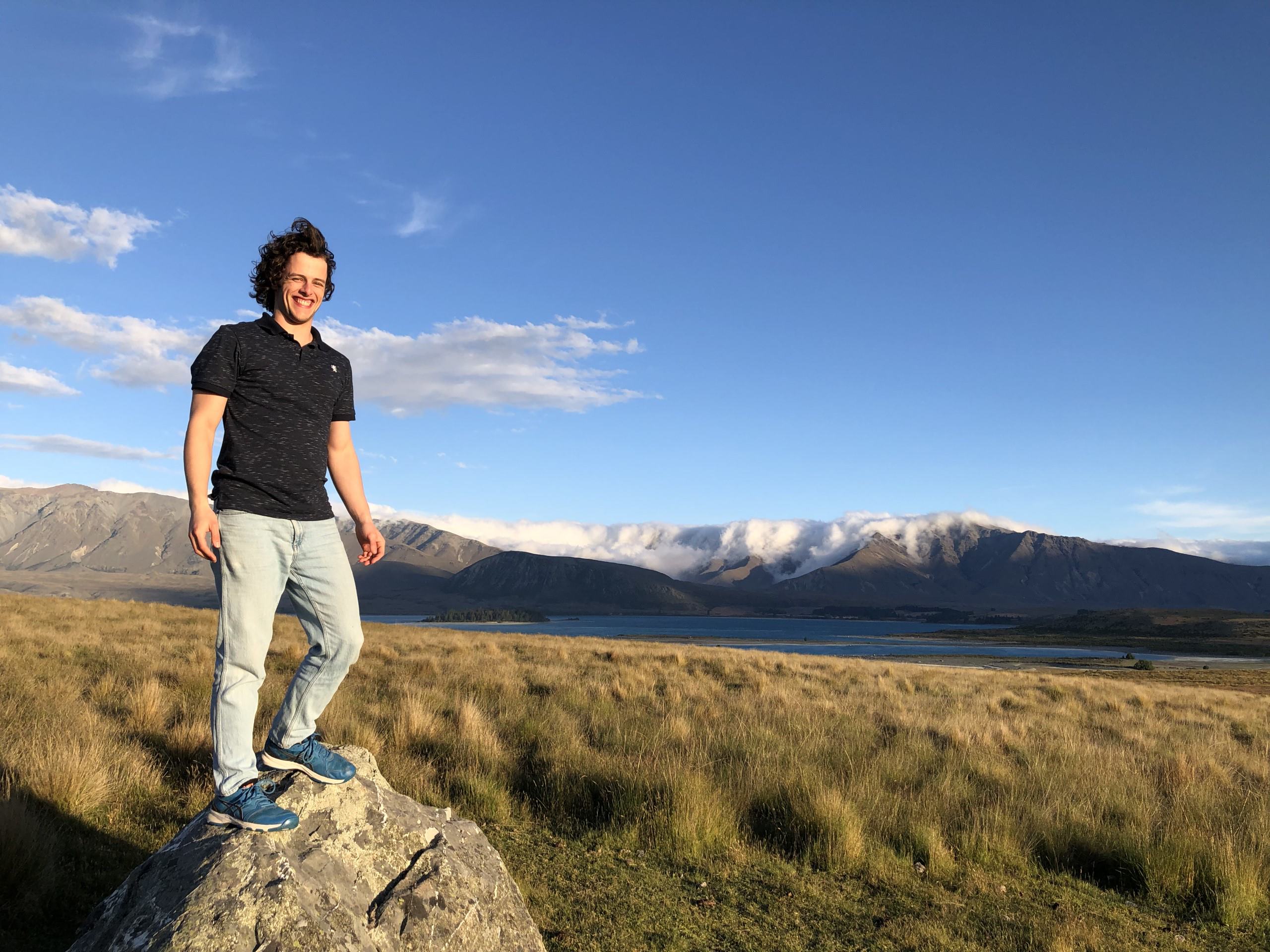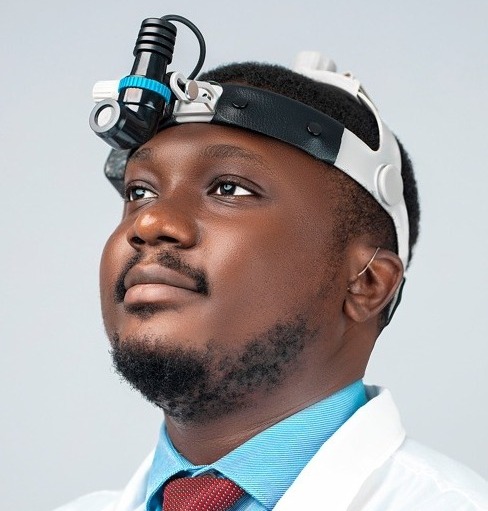
How Jan got his energy back with Phonak hearing aids
February 18, 2022
The benefits of cochlear implants for deaf children with autism spectrum disorder
February 25, 2022What does an otologist do? Hint: It’s all about ears

If you’ve ever been to a hospital’s Ear, Nose, and Throat (ENT) department, you may have met an otologist. They are the ear specialists on the team. Otologists don’t treat diseases of the nose and neck. They are specialists in the physiology, function and diseases of the ear.
Phonak hEARo Angelina Strickler is an Physician Assistant specialized in otology. She shares her story with us:
What is an Otologist?
An otologist is a physician who operates and looks at the study and treatment of the ear, auditory nerve, and base of the skull. They also handle related diseases and preventative treatments.
Meet Angelina
Angelina Strickler began to lose her hearing in her mid-twenties. It was after a routine operation to remove a kidney stone, her third such experience, that she woke with screeching tinnitus in her ear. She was unable to sleep for days. Later, she was scanned at an Ear, Nose, and Throat Clinic and told that there really was nothing to be done.
During the next six to seven years, she noticed that her overall hearing began to decline, first in one ear and then the other. It became very apparent in social situations after a move from her home in Texas to Colorado. Her husband had to help when they were at the store or in restaurant. However, as she mostly worked from home for a Texas company, it wasn’t too bad. It was only after she got a job working for a local firm that communicating started to become a struggle.
“I saw an otologist in Colorado at that time, who did some tests and told me he thought I maybe had something like Meniere’s disease but wasn’t sure,” Strickler recalls. “He told me I needed hearing aids. That was the first time anyone had told me that. I had not really ever considered that before. The thing about progressive hearing loss is that it is so insidious that you almost don’t know that it isn’t normal, even when you are clearly struggling. I talked with my family about all of this around this time. My aunt was actually living with my mother back in Texas due to her having gone completely deaf over the period of a few years in her 40s.”
Read more: Love, Marriage and Hearing Aids
Family Members, Hearing Loss and Otologists
With the help of Strickler’s mother, her aunt was eventually able to see an otologist in her home town of Lubbock, Texas. She was recommended for a cochlear implant. Her mother had her own hearing issues which came on during her 30s. One day her mother had awoken with tinnitus. She had a 12-year-old Strickler look in her ear with a torch, just in case the sound was being caused by an insect.
Read more: Hearing Aids vs Cochlear Implants
“I don’t remember my mom ever seeing an otologist about this or talking to me about hearing loss,” Strickler says. “Later, in her 50s, she had significant issues with hearing that affected her work as a registered nurse. My grandmother and older aunt also had severe hearing loss in their older years. They never wore hearing aids and lost most of their ability to communicate in the last few decades of their life. Definitely some familial genetic hearing loss issues there.”
Return to Studying

Phonak Hearing Aids
A monumental moment was when Strickler got her first pair of Phonak hearing aids.
“They were life-changing,” she says. “I knew going back to school, there would be no way I would be able to hear the professor or participate in class with my current hearing loss. From the moment I first put hearing aids on, I never wanted to take them off.”
From the moment I first put hearing aids on, I never wanted to take them off.
Strickler was shocked in a good way by the difference her new hearing aids made. She was amazed to be able to hear sounds she thought were lost for good. The most mundane things now took on a much larger significance. Sounds hearing people take for granted had returned via her new Phonak hearing aids. She could hear keys jangling, birds chirping, and her own footsteps echoing in corridors and on tiled floors. She relished in the joy of a fountain-like water faucet gushing.
Read more: Meet Whitney Spagnola, a Phonak employee with hearing loss
Strickler spent two years getting her science prerequisites. Then she got into PA school in Florida. Fast forward 27 months, and she graduated from PA school fully intending to go into internal medicine or primary care. PA school prepares its students for general medicine. But Strickler was thinking of relocating to Texas. While job hunting, she spotted a vacancy that all but leapt off the page at her.
Becoming a Physician Assistant in Otology

“My personal story fit well with the practice,” Strickler says. “This surgeon focuses on the ear, with special training in ear and skull base surgery. We not only have audiologists who fit patients with hearing aids, but treat patients for a wide range of ear, hearing, and balance issues, including cochlear implants and bone conduction implants.”
As a PA to an otologist, this is an important job. Strickler sees new patients, does follow up appointments, post-ops, and assists in surgery, and performs procedures in the office. Despite having the opportunity to try a number of different types of hearing aids, she has remained faithful to her Phonaks. She currently wears Phonak Marvel hearing aids and is so happy with her choice of aids that she recently got her mom Phonak hearing aids too. Now her mom can work once more as a traveling registered nurse.
“The work I have been able to do at the Texas Ear Clinic has been extremely meaningful to me,” Strickler says. “I would like to continue to help and encourage hearing impaired people [to] seek hearing assistance using hearing devices and technology to allow them to continue to enjoy their lives, jobs and relationships in the way that hearing aids have allowed me to do.”



